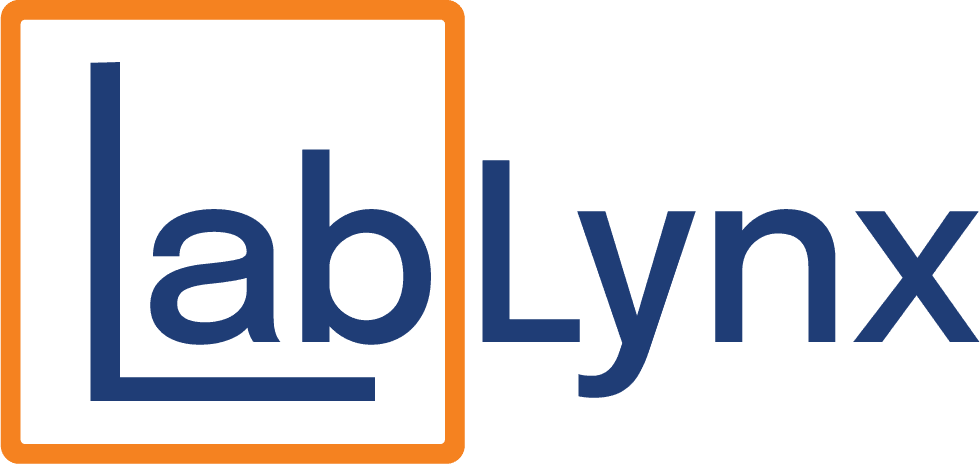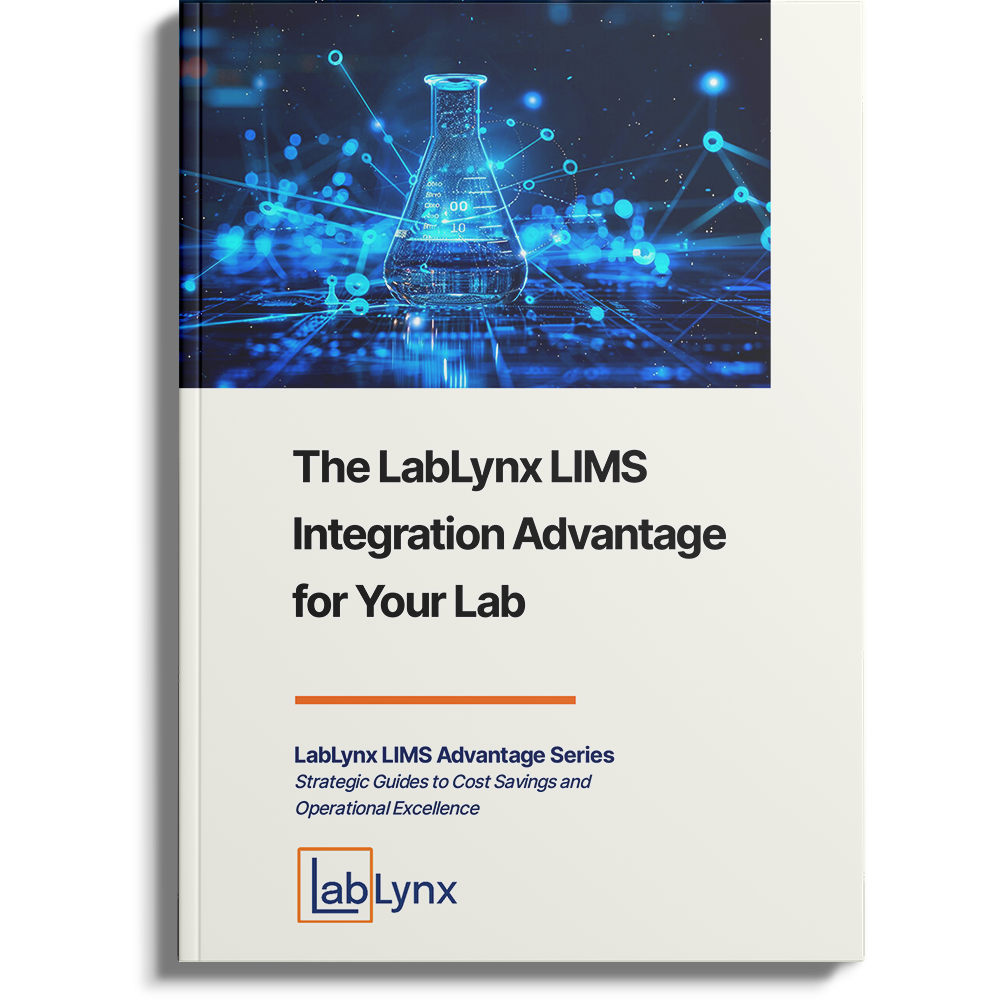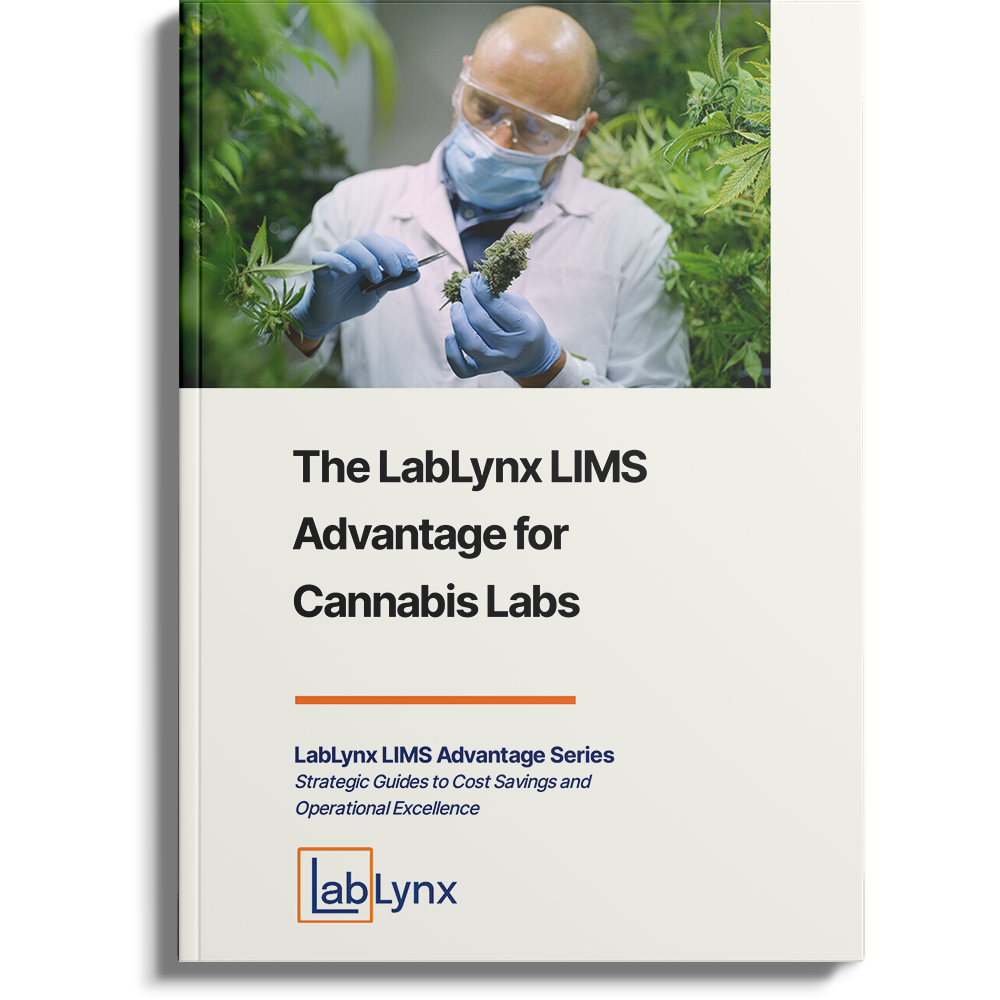
In the intricate world of modern laboratories, a seamless supply chain is the lifeblood that fuels research, diagnostics, and innovation. However, recent events like the COVID-19 pandemic and geopolitical shifts have exposed vulnerabilities in global supply chains, highlighting the critical need for resilience in lab operations. This comprehensive guide will delve into the strategies and technologies that empower labs to navigate supply chain disruptions, build robust systems, and ensure uninterrupted scientific progress.
Understanding Supply Chain Vulnerabilities in the Lab
Laboratory supply chains are complex ecosystems involving a multitude of components, from raw materials and reagents to consumables, equipment, and even specialized software. Disruptions can arise from various factors:
- Natural Disasters: Earthquakes, floods, and other natural events can disrupt transportation routes and damage production facilities.
- Geopolitical Tensions: Trade restrictions, tariffs, and political instability can lead to supply shortages and price volatility.
- Pandemics: Global health crises like COVID-19 can cause widespread disruptions in manufacturing and distribution networks.
- Cyberattacks: Cyberattacks on suppliers or logistics providers can compromise data integrity and disrupt operations.
- Unexpected Demand Surges: Sudden increases in demand for specific lab supplies can strain supply chains and lead to shortages.
Building a Resilient Lab Supply Chain
-
Diversification of Suppliers: Relying on a single supplier for critical materials is a recipe for disaster. Diversifying your supplier base mitigates risk by providing alternative sources in case of disruptions.
-
Strategic Inventory Management: Maintaining adequate inventory levels of essential supplies is crucial. Implement inventory management systems that track usage, forecast demand, and trigger reorder points to prevent stockouts.
-
Strong Supplier Relationships: Cultivate strong relationships with your suppliers. Open communication and collaboration can help you anticipate potential disruptions and develop contingency plans together.
-
Local Sourcing: Explore local sourcing options for certain supplies whenever possible. This can reduce transportation risks and support the local economy.
-
Demand Forecasting and Planning: Utilize data analytics and forecasting tools to anticipate demand fluctuations and adjust your procurement strategies accordingly.
-
Risk Assessment and Mitigation: Conduct regular risk assessments to identify potential vulnerabilities in your supply chain. Develop mitigation plans for each identified risk, including alternative suppliers, backup inventory, and contingency procedures.

Technology’s Role in Supply Chain Resilience
Modern technology plays a pivotal role in building resilient lab supply chains:
Laboratory Information Management Systems (LIMS)
Laboratory Information Management Systems (LIMS), such as LabLynx, are instrumental in fortifying laboratory supply chain resilience. Acting as the central nervous system of lab operations, LIMS software provides a panoramic view of critical factors. Real-time monitoring of inventory levels ensures labs are never caught off guard by unexpected shortages. By analyzing historical usage patterns, LIMS can forecast future needs, enabling proactive ordering and strategic stockpiling of critical reagents and consumables. Furthermore, LIMS tracks supplier performance metrics, flagging any delays or quality issues that could potentially disrupt the supply chain. This data-driven insight empowers lab managers to make informed decisions, pivot to alternative suppliers if necessary, and implement contingency plans before disruptions escalate, ultimately safeguarding lab operations and research continuity.
Cloud-Based Platforms
Cloud-based platforms have become indispensable tools in building resilient lab supply chains. Their inherent flexibility and scalability empower labs to adapt swiftly to unforeseen circumstances, whether it’s a sudden surge in demand for testing or a disruption in the availability of critical reagents. By migrating data, software, and even entire lab management systems to the cloud, laboratories unlock the power of remote access. This means that scientists and researchers can continue their work seamlessly from any location, ensuring uninterrupted operations even in the face of natural disasters, pandemics, or other disruptions. Additionally, cloud-based platforms offer robust security measures, including data encryption, access controls, and regular backups, safeguarding valuable laboratory information from unauthorized access or loss. This combination of adaptability, accessibility, and security makes cloud-based solutions a cornerstone of modern lab supply chain resilience strategies.
Internet of Things (IoT)
The Internet of Things (IoT) is a game-changer in fortifying lab supply chains against disruptions. IoT sensors strategically placed throughout the lab environment provide real-time visibility into inventory levels, eliminating the guesswork and manual checks that can lead to stockouts. When supplies dwindle to a predetermined threshold, the IoT system can automatically trigger reorders, ensuring a continuous flow of essential materials. This level of automation not only saves time but also prevents costly delays in research or testing due to missing components. Moreover, IoT sensors can monitor environmental conditions such as temperature and humidity, safeguarding sensitive materials and reagents that require specific storage parameters. This proactive monitoring prevents spoilage, degradation, and potential safety hazards, ensuring the integrity and quality of lab supplies throughout their lifecycle.

Blockchain Technology
Blockchain technology is emerging as a game-changer in fortifying lab supply chains against disruptions. As a decentralized and immutable ledger, blockchain establishes an unalterable record of transactions, creating a transparent and traceable history of every material, reagent, or instrument from its origin to the lab. This transparency combats counterfeit products and ensures the authenticity and quality of supplies. By recording and verifying each transaction on the blockchain, laboratories can pinpoint the exact source of any issues, enabling swift and targeted responses to potential disruptions. Furthermore, blockchain-based smart contracts can automate and streamline procurement processes, reducing administrative overhead and minimizing the risk of errors. This technology not only enhances the resilience of the supply chain but also fosters trust and collaboration among all stakeholders, ensuring a more secure and reliable flow of essential resources to the lab.
LabLynx: Your Partner in Supply Chain Resilience
LabLynx is committed to empowering laboratories with the tools and expertise needed to build resilient supply chains. Our LIMS solutions integrate seamlessly with other lab systems, providing a holistic view of your operations. We offer customizable dashboards, real-time alerts, and advanced reporting capabilities that enable you to monitor your supply chain, identify risks, and make informed decisions to mitigate disruptions.
Embracing a Resilient Future
Building a resilient lab supply chain is not just about surviving disruptions; it’s about thriving in a constantly changing world. By proactively addressing vulnerabilities and leveraging technology, laboratories can ensure uninterrupted operations, maintain the highest standards of quality, and continue to drive scientific progress.
LabLynx is your trusted partner in this journey, providing innovative solutions and unwavering support to help you build a lab that is not only resilient but also adaptable and prepared for whatever the future may hold.




